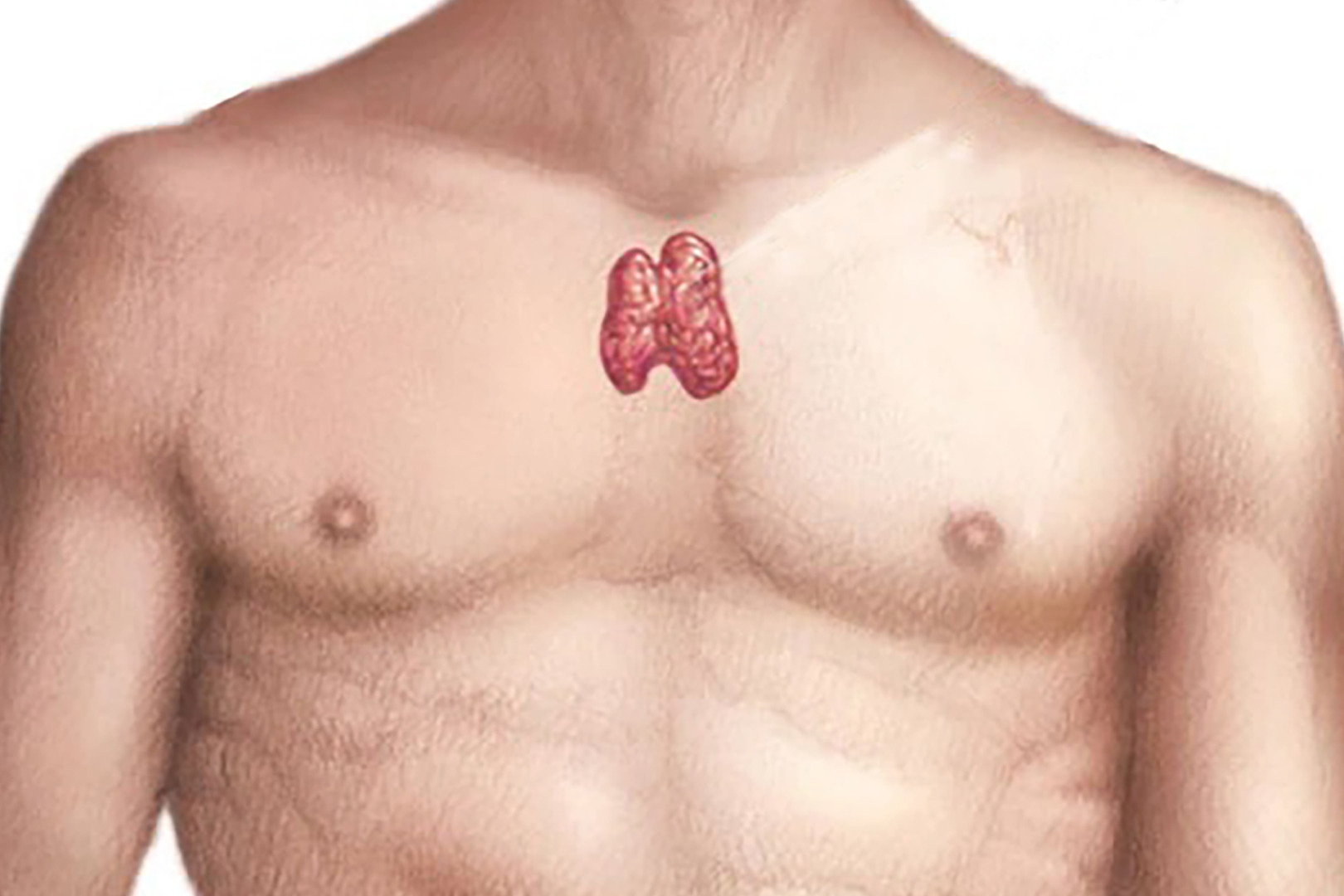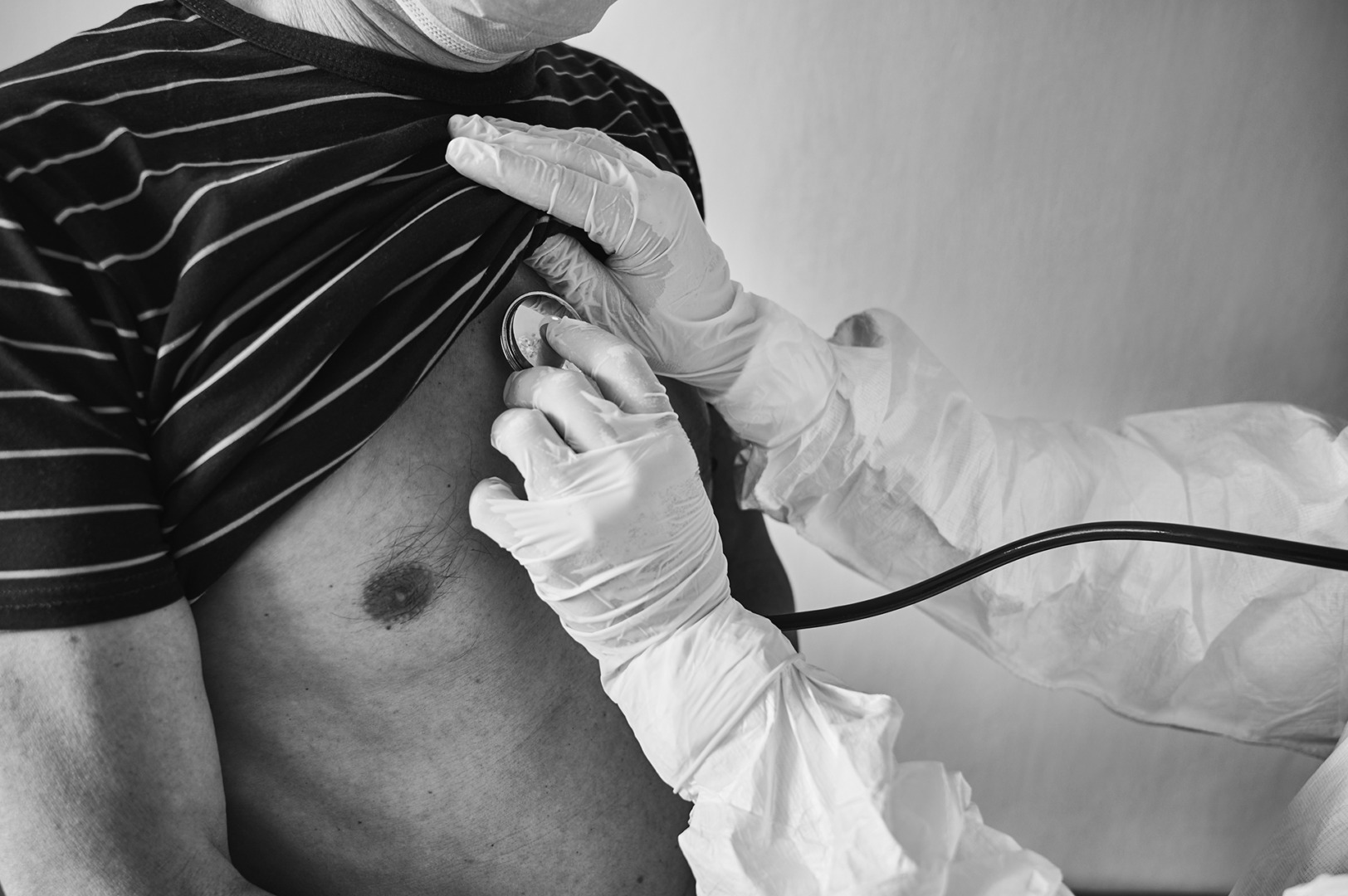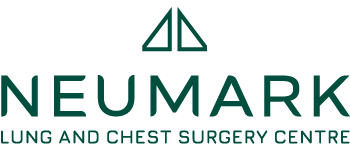Thymus cancer, also known as thymus gland cancer, occurs in the thymus gland in the chest, between the lungs and behind the breastbone. The thymus is composed of epithelial cells and lymphocytes, both key players in our immune system. This small organ is crucial in developing T lymphocytes, vital for our body’s immune defence.
Types of Thymus Cancer
Thymus cancers are collectively known as thymic epithelial tumours (TETs). Tumour growth in the thymus can vary greatly. The two main types are thymoma and thymic carcinoma.
Thymomas are characterised by tumour cells that resemble the thymus gland’s normal cells. These cells are slow-growing and often encapsulated, making them less prone to invading surrounding tissues. This tumour is less likely to spread beyond the thymus, so it is relatively easier to manage and treat.
Thymic carcinomas, on the other hand, are a much more aggressive form of thymus cancer, as they tend to grow rapidly and are more likely to spread to nearby structures and distant sites. Thymic carcinomas account for about 20% of thymic epithelial tumours and are challenging due to their aggressiveness.
As thymoma and thymic carcinoma are different, both need a tailored approach to management, with specialised care and early intervention.

Symptoms of Thymus Cancer
One of the biggest challenges with thymus cancer is its stealthiness. As the tumour grows, it can press on surrounding structures and cause persistent coughing, difficulty swallowing, and even superior vena cava syndrome, where there is swelling in the upper body due to blood flow obstruction.
When symptoms of thymus cancer appear, they often arise at late stages, which frequently delays diagnosis. The tumours can grow quite large before they start to cause problems, such as impacting vital organs and causing severe symptoms.
As these symptoms mimic other less serious conditions, seeking medical advice if you have persistent or unusual symptoms is crucial. Early detection can improve treatment outcomes and quality of life.

Risk Factors for Thymus Cancer
There is no certifiable cause of thymus cancer, but certain risk factors can increase the chance of developing thymus cancer, especially thymoma. Thymoma is often associated with autoimmune conditions like myasthenia gravis, where the immune system attacks healthy cells. In fact, up to 50% of people with thymomas have myasthenia gravis. These autoimmune conditions can complicate the clinical situation and must be managed alongside the cancer treatment.
Inherited conditions like multiple endocrine neoplasia type 1 (MEN1) also increase the prevalence of thymus cancer. As there is no singular way on how to prevent thymus cancer, it is important to attend regular checkups and be vigilant if any of these risk factors are present for you.

Diagnosing Thymus Cancer
A multi-faceted approach is used in diagnosing thymus cancer. It starts with a thorough review of the patient’s symptoms and medical history, followed by a physical exam focusing on abnormalities in the chest area. These methods in conjunction are key in how to detect thymus cancer.
Chest X-rays are usually the first imaging tests done. More detailed imaging, such as CT scans or MRI, helps assess the extent and location of the tumour. When imaging shows abnormalities, a biopsy is usually done to confirm the diagnosis.
During the biopsy, a pathologist takes and examines tissue samples for cancer cells. In some cases, a biopsy may not be needed if the tumour is visible on imaging. This multi-step diagnostic process ensures accurate diagnosis and staging of thymus cancer and guides the subsequent treatment plan.

Staging Thymus Cancer
The staging process assesses the size, position, and extent of the cancer spread. This classification is based on the tumour’s size, involvement of lymph nodes and metastasis to provide a comprehensive understanding for thoracic surgeons of the cancer’s progression.
Staging helps determine the seriousness of the disease and informs treatment decisions. The stages range from I to IV, with Stage IV indicating the most advanced spread of cancer. Knowing the staging helps tailor treatments to target the specific characteristics of the cancer, improving the chances of successful management.

Advanced Thymus Cancer
The prognosis for advanced thymus cancer varies significantly based on several factors, including the cancer’s type, stage and resectability, and histological grade and overall health. At the more advanced stages, treatment options may include chemotherapy and radiation therapy aimed at managing the disease and prolonging survival.
Patients with advanced thymic carcinoma often face more challenging outcomes compared to those with thymoma, as the cancer often has already spread to other parts of the body. The five-year thymus cancer survival rate for Stage IV thymus cancer ranges from 20–45%. Despite these challenges, some patients achieve remission, where signs and symptoms disappear after treatment.
Treatment Options for Thymus Cancer
If you are wondering if thymus cancer is curable, there are several treatment options available, which are diverse and tailored to the person’s specific condition. Options include surgical treatments, radiation therapy, chemotherapy and emerging targeted therapies and immunotherapies. Each treatment has its own role and efficacy, depending on the type and stage of cancer.

Surgical Treatments
Surgery is often the first line of treatment for thymus cancer, particularly thymectomy, which involves the removal of the thymus gland. Advanced techniques like Robotic-Assisted Surgery with the da Vinci system and Video-Assisted Surgery (VATS) give surgeons more precision when removing the tumour and allow them to minimise damage to the surrounding tissues.
Robotic-Assisted Surgery with the da Vinci system allows thoracic surgeons to perform complex procedures, such as thymectomies, through small keyhole incisions, significantly reducing trauma to surrounding tissues. The robotic arms, controlled entirely by the surgeon, offer tremor-free precision and 360-degree articulation, surpassing the limitations of the human hand. This level of control allows for accurate tumour resection while preserving critical structures, such as the phrenic nerves, blood vessels and adjacent lung tissue. One of the greatest advantages of the da Vinci system is its ability to perform a complete thymectomy without the need for a sternotomy, the traditional open-chest approach.
Video-Assisted Thoracic Surgery (VATS) is another minimally invasive approach to treating thymus cancer, offering effective tumour removal while minimising surgical trauma. Using small keyhole incisions, surgeons insert a high-definition camera and specialised instruments into the chest cavity, allowing precise visualisation and dissection of the thymus and surrounding tissues. This technique is particularly effective for early-stage thymomas, enabling complete resection while preserving critical structures like the phrenic nerves and blood vessels.
At specialised centres like Neumark Lung & Chest Surgery Centre, patients are offered state-of-the-art care, with the da Vinci system and VATS, combining advanced technology with expert surgical skills. These minimally invasive procedures help the surgeon visualise the thoracic space in real time, making it more effective to remove the entire tumour safely. Surgery, when feasible, offers the best chance for curing thymus cancer, especially when the tumour is localised and has not extensively spread to other parts of the body.
Radiation Therapy
Radiation therapy, typically used after surgery, destroys the remaining cancer cells with high-energy rays. Treatment usually spans 4 to 6 weeks, with sessions scheduled every weekday.
Radiotherapy targets cancer cells while minimising damage to normal cells and enhancing the overall effectiveness of the surgical treatment. This approach is essential when treating thymic carcinoma, especially when tumours cannot be completely removed surgically. It can also manage thymus cancer symptoms and control tumour growth in advanced stages.
Chemotherapy
Chemotherapy is frequently administered to reduce thymic tumours prior to surgery (neoadjuvant therapy) or to treat advanced thymus cancers that have metastasised. Standard regimens typically use platinum-based chemotherapy, often in conjunction with medications such as etoposide, paclitaxel, or doxorubicin.
The chemotherapy response rate in advanced thymic carcinoma is roughly 47%, with an average progression-free survival of about 6.5 months. Despite the challenges posed by the side effects, chemotherapy is important when it comes to managing tumour growth, alleviating symptoms, and extending the survival of patients with more advanced thymus cancer.
Targeted Therapies and Immunotherapies
Targeted therapies and immunotherapies are transforming the treatment landscape for thymus cancer. These innovative approaches boost the body’s immune system to fight cancer and focus on specific molecules contributing to tumour growth. These methods provide valuable alternatives for patients who may not respond effectively to conventional treatments, underscoring the importance of continuous research and clinical trials in improving outcomes for thymus cancer.
Managing the side effects of thymus cancer treatment, such as nausea, fatigue and hair loss through medications and supportive care, is important for helping patients maintain quality of life. Hydration and nutritional support are also essential for overall well-being during treatment.
When to Seek Medical Help
Thymus cancer frequently remains undetected during its initial phases, emphasising the need to recognise particular signs and symptoms that require prompt medical evaluation. Swift action can greatly enhance treatment results and overall well-being, highlighting the importance of routine check-ups and timely symptom reporting.
If you’re experiencing symptoms of shortness of breath, persistent cough and chest pain, contact Neumark Lung & Chest Surgery Centre to speak with our thoracic specialist about thymus cancer.

